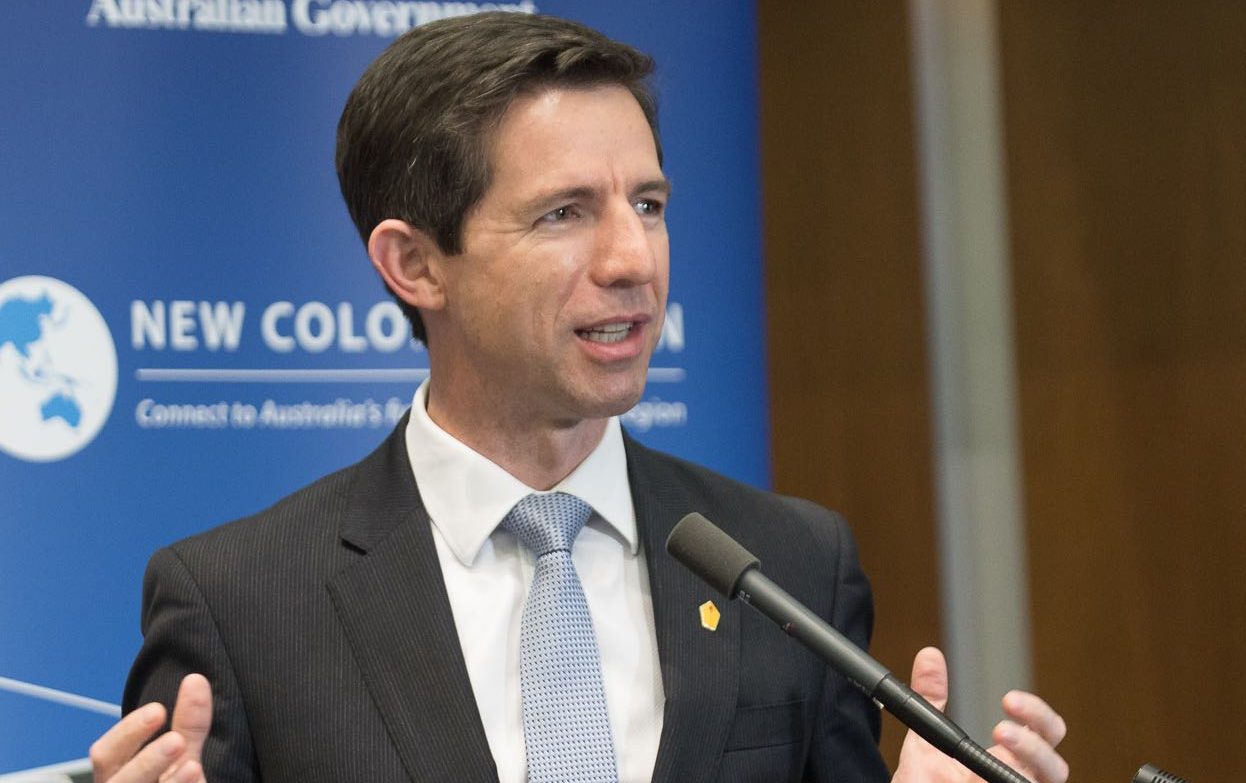The leadership tip from Australia’s female science explorer: NO TRIANGLES

Rachael Robertson is a quite remarkable Australian. Inspired by little more than an ad in the local paper, this totally unqualified woman applied for a role on a 12-month Australian scientific expedition to Antarctica.
She was not only accepted, she was made the mission leader – for reasons that even Rachel finds it difficult to explain.
The team members that Rachael took with her to Antarctica were as diverse as you could imagine. Firstly, none were known to each other before they left. Each had their own various expertise to contribute and each had scientific gaps that others would have seen in themselves as strengths. They would see almost no other human beings across the expedition other than the ones who were leaving Australian shores with them.
As Rachael says, this was a “leadership laboratory in the most extreme, hostile environment on earth.”
Quickly, Rachael realised that toxic conflict and irreparable relational problems were going to be the biggest threats to mission success. Perhaps you’ve had the same hunch about school leadership. But for Rachael, there would be no placing them in separate roles or encouraging a school transfer. Rachael’s team were stuck with each other, no matter the collateral damage.
Rachael also identified that any approach couldn’t be aimed at the elimination of conflict. Conflict, to some degree, is evident within even the most healthy relationships and relational systems. In a classroom, your staff deal with approximately 25 young people whose brains aren’t yet finished and then try to connect meaningfully with those who have the most irrational and emotional connections to them – their parents. Navigating this terrain without conflict just isn’t achievable. Equally, Rachael realised that traversing 12 months of isolation in sub-zero temperatures within the intimidating confines of their base without conflict was just as impossible.
It’s not about avoiding conflict, you see, but about having a repeatable and respectful way of dealing with it well known and established before the conflict comes along.
Rachael’s approach was a simple one – No Triangles. What she meant with this decree was that any team member who came to Rachael with a problem about another team member had to expect that she would not be creating a triangle by placing herself as the third angle in the problem.
You’ve no doubt seen triangles at play before. Jenny approaches the leader with a problem about Barry’s behaviour, because the leader has espoused leadership mantras like “I have an open-door policy” and “No problem is too small for you to bring it to my attention.” Jenny is pretty upset. Her story is convincing and her lack of willingness to sit and sort it out with Barry is clear.
And so the “baton of responsibility” is handed to the leader. The leader heads off to interrogate Barry, the triangle now established, to hear Barry’s denial and doubling down of the problem as being completely the responsibility and burden of Jenny.
Now what? The leader, through their pivotal position in the triangle, has now become responsible for the other angles taking responsibility without any means of bringing them together or any meaningful understanding of where the problem sits on the Jenny-Barry continuum.
Rachael’s “no triangles” policy was made clear to her team members before the expedition and it’s purpose discussed privately with each team member in their preparation. Two key components of the “no triangles” policy were made clear:
- Any team member could come to Rachael with a Jenny-Barry style problem for advice and coaching.
- No team member could expect that Rachael would be responsible for the follow-up, thus creating a dangerous triangle.
I’d contend that very few of us got into leadership with the ambition of attempting to solve the problems of other people in isolation of each other.
That’s just not much of an aspiration. But, if the ‘no triangles’ approach can work where the risks of relational conflict are as unavoidable as they’d have been for Rachael Robertson in Antarctica, then why couldn’t there at least be less triangles in your work and in your school.







